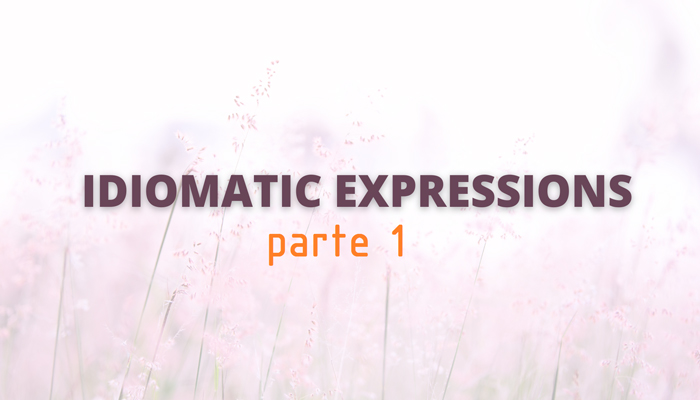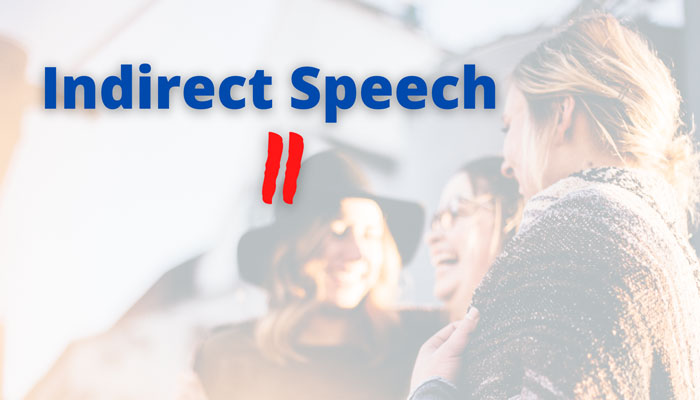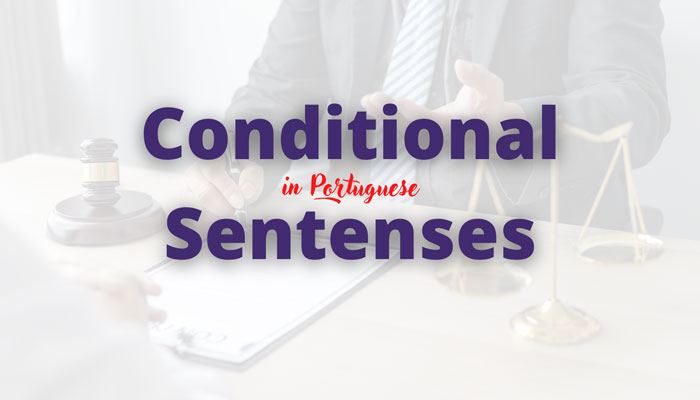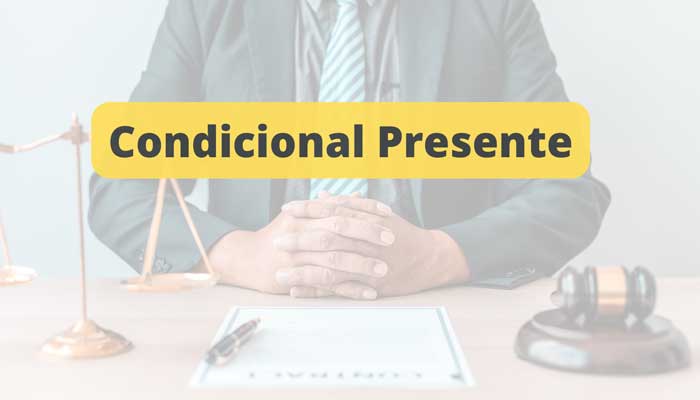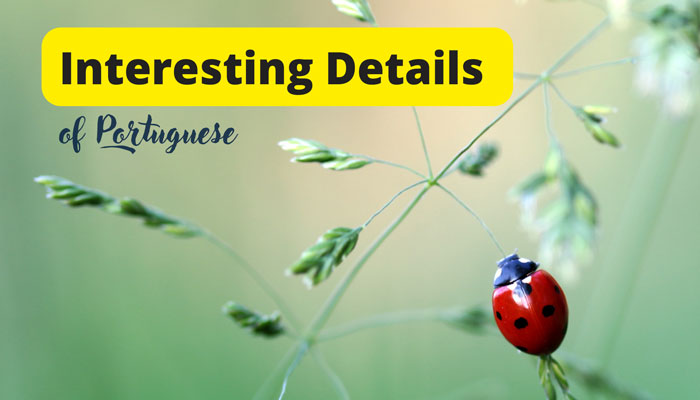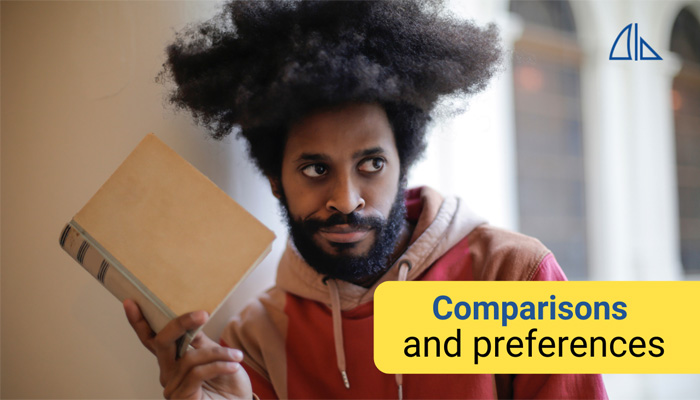Every language has idiomatic expressions that are difficult for a foreigner to understand. Some expressions seem quite logical, and some are completely inexplicable. Today we will consider some of them, be surprised, laugh, think and try to remember. Falar para as paredes Literally, this expression is translated as "to speak for the wall". To feel the real meaning hidden in it, it is enough to go up to the wall and say something. What will be the effect? What willRead: "Idiomatic Expressions – parte one"
Portugal has its own peculiarities in everything. This country has distinguished itself even in architecture, creating its own styles. We will tell you about them in this article. However, first let's go back to the past and find out how it all started. Megaliths The first architectural structures appeared in the Neolithic era. That is, during the transition from hunting and gathering to agriculture and cattle breeding. For example, many dolmens, mounds and menhirs have been discovered in the AlentejoRead: "Architecture of Portugal"
It's time to pay attention to the rest of the nuances of Indirect Speech. This is something that may not be so obvious, but to know is necessary. Indirect speech is not only a transition from quotes to retelling other people's words, it is also an expression of one's own thoughts. Therefore, whether we like it or not, we still have to use the following rules. Conditional When translated from direct speech to indirect, the Future Tenses in the subordinateRead: "Indirect Speech – part II"
Today's topic is important in any language. It should be studied almost at the end of the course, because it involves all tenses that can only be imagined. In this topic, it is necessary to coordinate the times, and this requires effort to think. In oral speech, we must operate language tools quickly, and our goal is to bring this to automatism. But that's later. Now consider the basic rules of indirect speech. Alternative We want to start simple soRead: "Indirect Speech – part I"
Despite the fact that there are several verbal tenses and many other grammatical structures in Portuguese, there are only a few variants of conditional sentences. They are a combination of the knowledge that we already have. Of course, there will be something new. It's time to take a closer look at this topic. Reality and regularity If we simplify the explanation of what conditional sentences are, then let's say this: there is a clear dependence of one action or stateRead: "The Conditional Sentences"
The conditional mood usually expresses a wish or an action that may happen in the future. There are two ways to compose it. In one of them we use the Pretérito Imperfeito form of the verb, and in the other we add a special ending to the infinitive. But first, let's see what we use the Conditional Presente for. Politeness When you want to be polite, not pushy and direct, use Condicional. Interestingly, you can use the Pretérito Imperfeito (oneRead: "The conditional mood in Portuguese"
The basis of the Portuguese language without a doubt are the rules of grammar and a good vocabulary. However, every language has its own details. For example, you need to draw an analogy, say that there is not just a lot of something, but too much, or emphasize that it is you who will complete some task. Of course, one can always be straightforward. But, there are situations when, without knowing the details, it will be difficult for you toRead: "Interesting Details of Portuguese"
Our life is divided into three periods - past, present and future. The future is something ephemeral, our motivation to live and act in the present. But the past is our foundation or a trap, it happens in different ways, but we all know that the past cannot be changed and without it there is not a single life story. You simply cannot do without it. Verbs ending in "-er, -ir" in P.P.S We remind you that P. P. S.Read: "Verbs in P.P.S. – (Pretérito Perfeito Simples)"
Do you go to the post office? Or is it unnecessary now? Do you like to receive unexpected letters, postcards from your travel friends? Do you go to the post office to receive parcels with your online orders? Do you even know where the post office is in your city? Let's learn how to answer these questions in Portuguese. Vocabulary In absolutely every topic you can find its own special vocabulary. Post Service isn't an exception: correios – post officeRead: "Post Service"
Traveling is an important part of our lives. Traveling, we broaden our horizons, we learn how to live differently, to compare different cultures and to get charged with positive emotions. It is always new experiences and variety. Therefore, today we will learn a little grammar and vocabulary in the context of this interesting topic. Verbs In order not only to talk about your journey, but also to conduct a dialogue - to ask questions to your interlocutor, you need toRead: "Comparisons and preferences in Portuguese"
